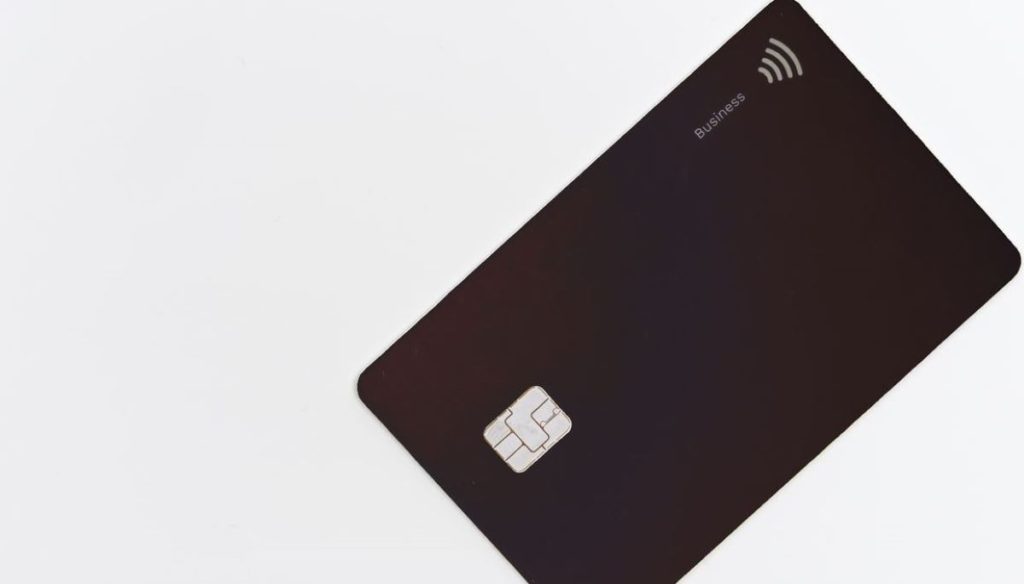Obtaining loans or a credit card from a financial institution in Nigeria for business ventures is a feat that only a bunch of people can achieve.
Applications have been rejected and loans denied to people who do not meet banks’ qualifying ratios. It is important to prepare before applying for a loan in Nigeria and this article can help.
Banks and financial institutions offers different kinds of loans and some of the most common ones are:
- Personal loans
- Business loans (SMEs can benefit from this kind of loan option)
- Automobile loans
- Mortgage loan
A qualifying ratio is a guide used by the bank to determine who gets any one of these loans as well as who gets a credit card.
- Nigeria Cleared To Receive $1.5bn Loan From World Bank
- DMO seeks firms with interest in issuing Sukuk in the capital market
It is expressed in percentage and is a huge factor in the approval of a loan and terms.
The two most basic figures and qualifying ratio for businesses are – the debt-to-income and the collateral to get a credit card or a loan.
Banks would normally require the same for other kinds of loan applications including mortgage loans. Personal loans will focus only on the debt-to-income ratio.
These are abstract requirements by banks in Nigeria to qualify for a loan or a credit card.
- Minimum salary that is between ₦50,000 and ₦75,000.
- Good credit bureau history
Note that it is also a prequisite to have a salary account in the same bank
Preparing to get loans in a bank
- What is the loan amount
- Find out the interest rate
- Yearly loan term and after-tax income
- Write down existing debt
Each bank or lender could also specify parameters for loan approval, but these are the basics of getting a loan in Nigeria.
